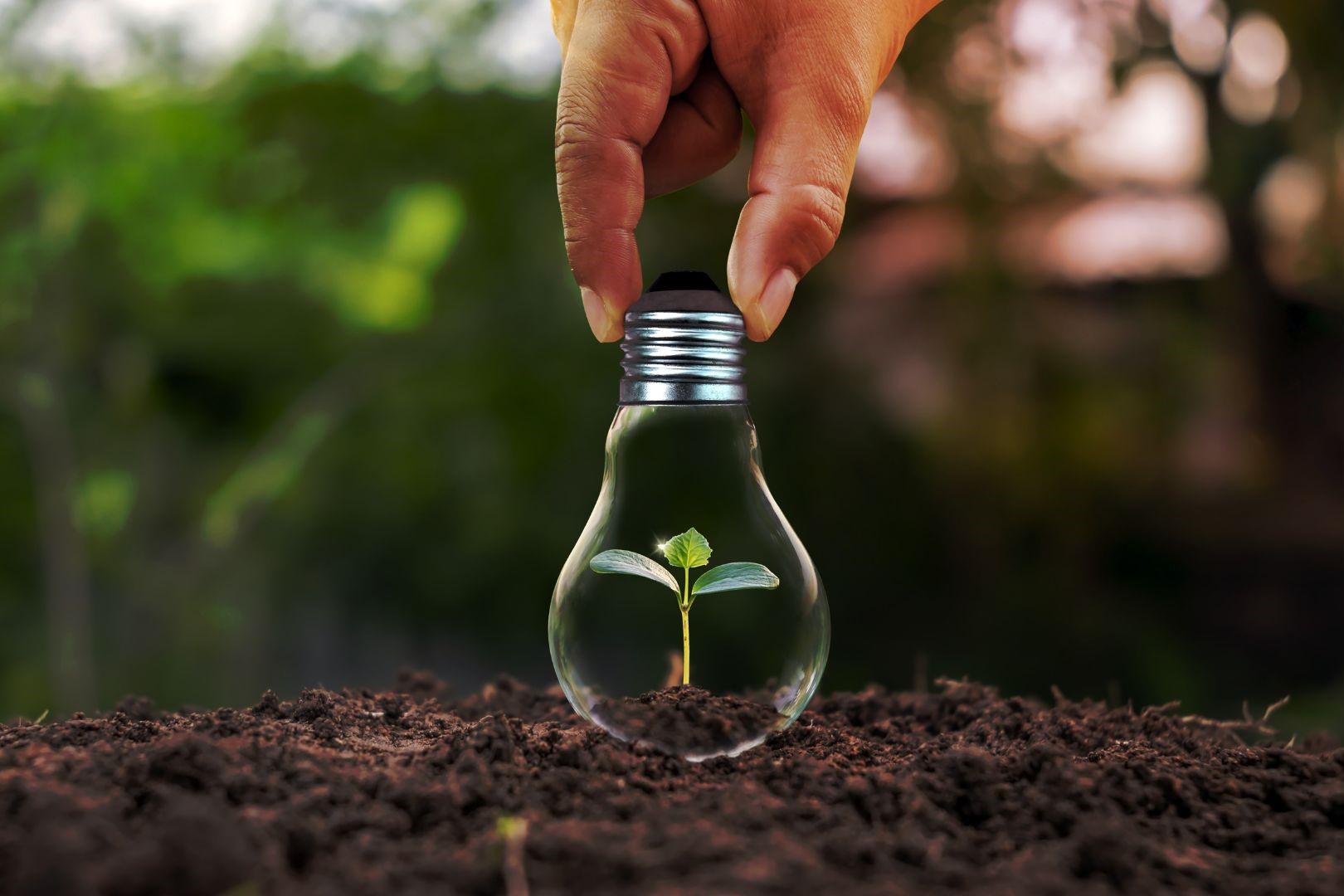In a world where the climate emergency calls for immediate action, WorldWide WCE is positioned at the forefront of sustainable innovation. Aware of the need for a radical change in component production, WorldWide WCE has adopted an ambitious roadmap for 2030, with the aim of reinventing the industry and contributing to sustainable development.
One Roadmap, Four Levers of Change
WorldWide WCE's strategy focuses on four key levers to transform the business model towards a regenerative perspective:
- Eco-conscious Connection Solutions: Eco-design is promoted in all R&D projects, with a specialized development team. In addition, work is being done on a durability index for existing and future products, based on life cycle analysis.
- Reduction of Negative Externalities: The goal is to use 40% recycled materials in connection systems and achieve life cycle traceability of materials for 70% of products. The aim is to reduce clean water consumption and use 50% renewable energy in total consumption.
- Expanding Service Offerings and Local Initiatives: WorldWide WCE aims to generate 20% of its revenue from the sale of connection systems, by developing an academy for training and sharing knowledge, as well as promoting the local circular economy.
- New Direction in the Empowerment Model: An autonomous, co-responsible and decentralized governance model will be assigned to 80% of the groups, seeking to work for the common interest and considering socio-ecological balance in the management model.

Ecosystem Mobilization and Conclusion
WorldWide WCE has implemented awareness-raising actions and collaborates with universities on research programmes. It participates in research into replacement materials and joins the ecological transition with pacts such as Alliance pactePME.
Aware of the urgency of action to preserve the climate, WorldWide WCE enthusiastically commits to the Business for Climate Convention, setting out a clear roadmap for the changes needed until 2030.

Sustainable Innovation by 2030